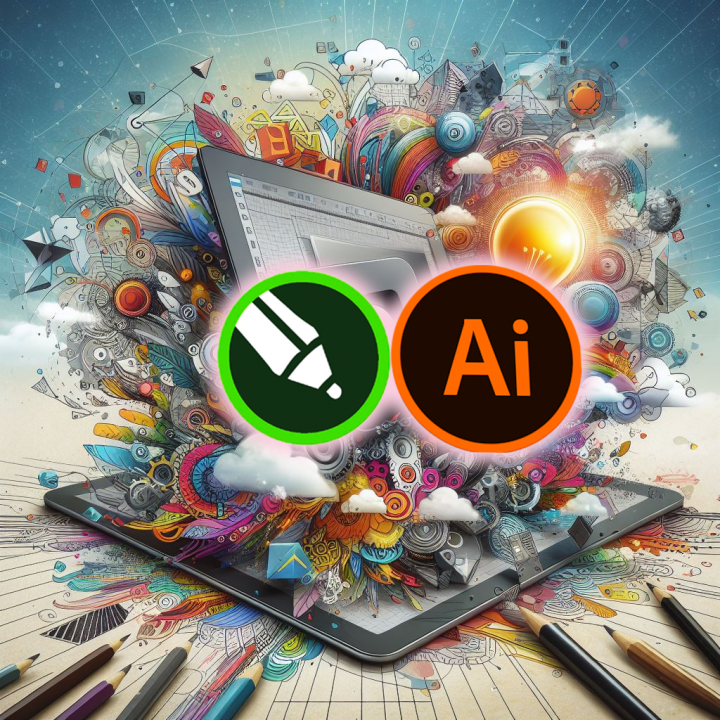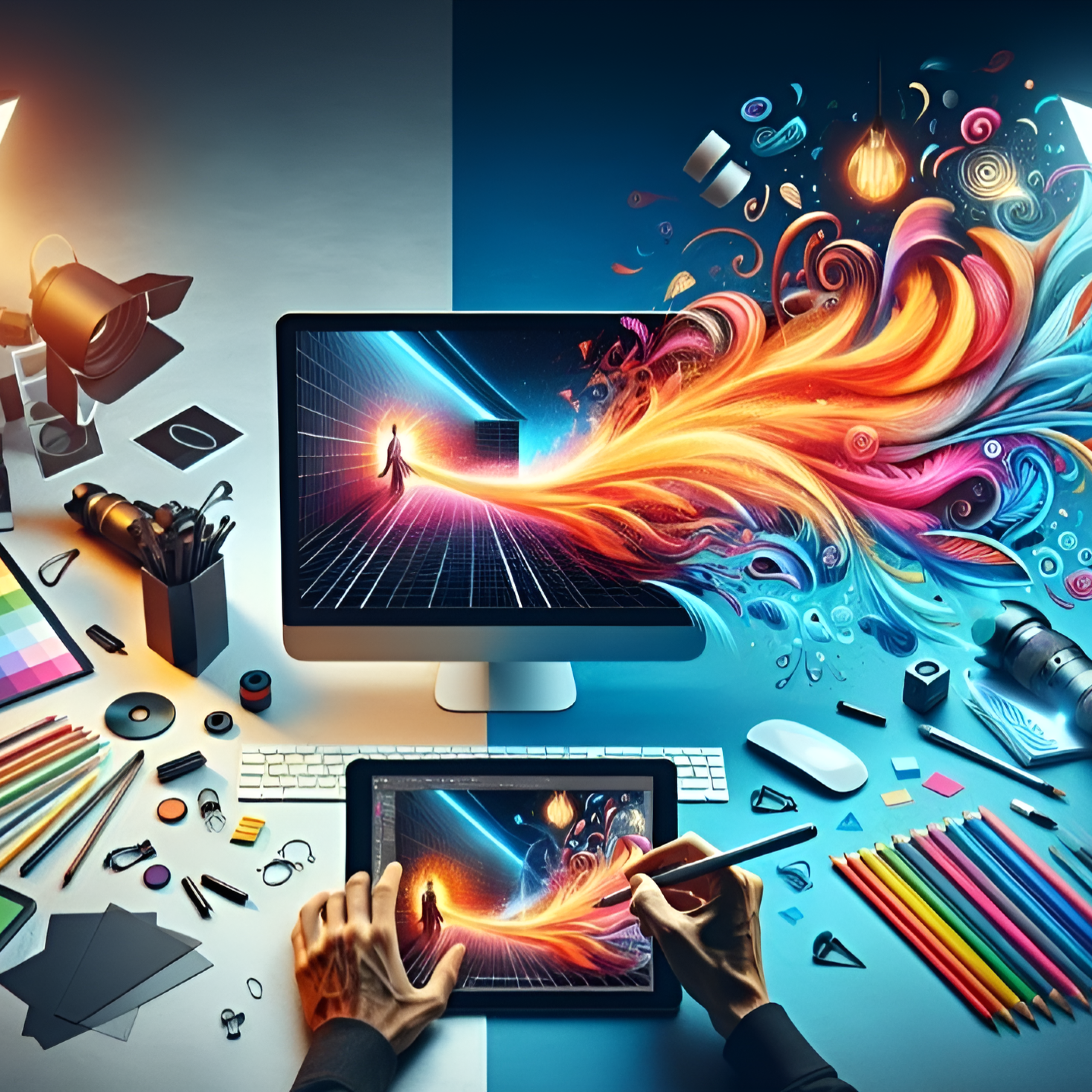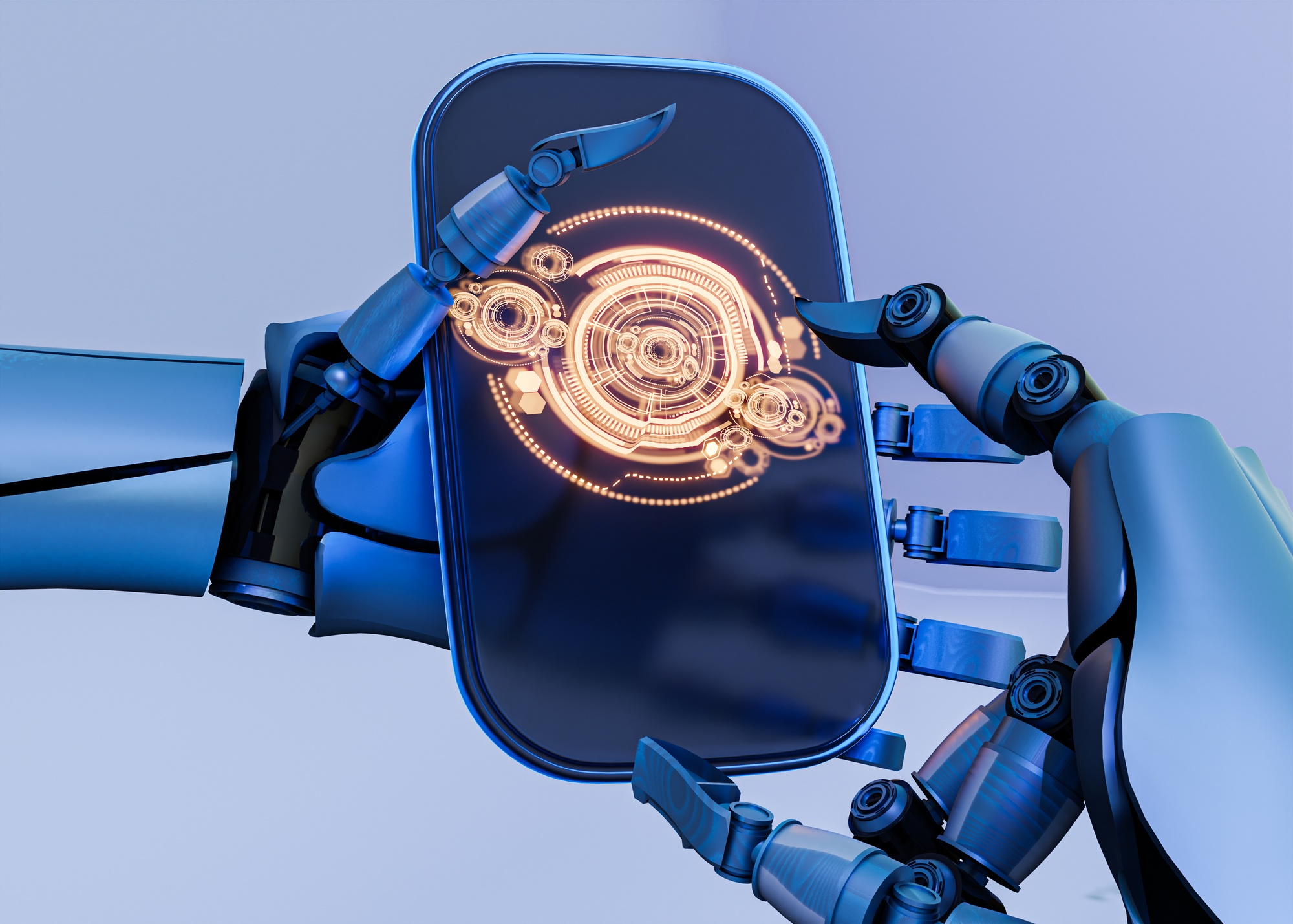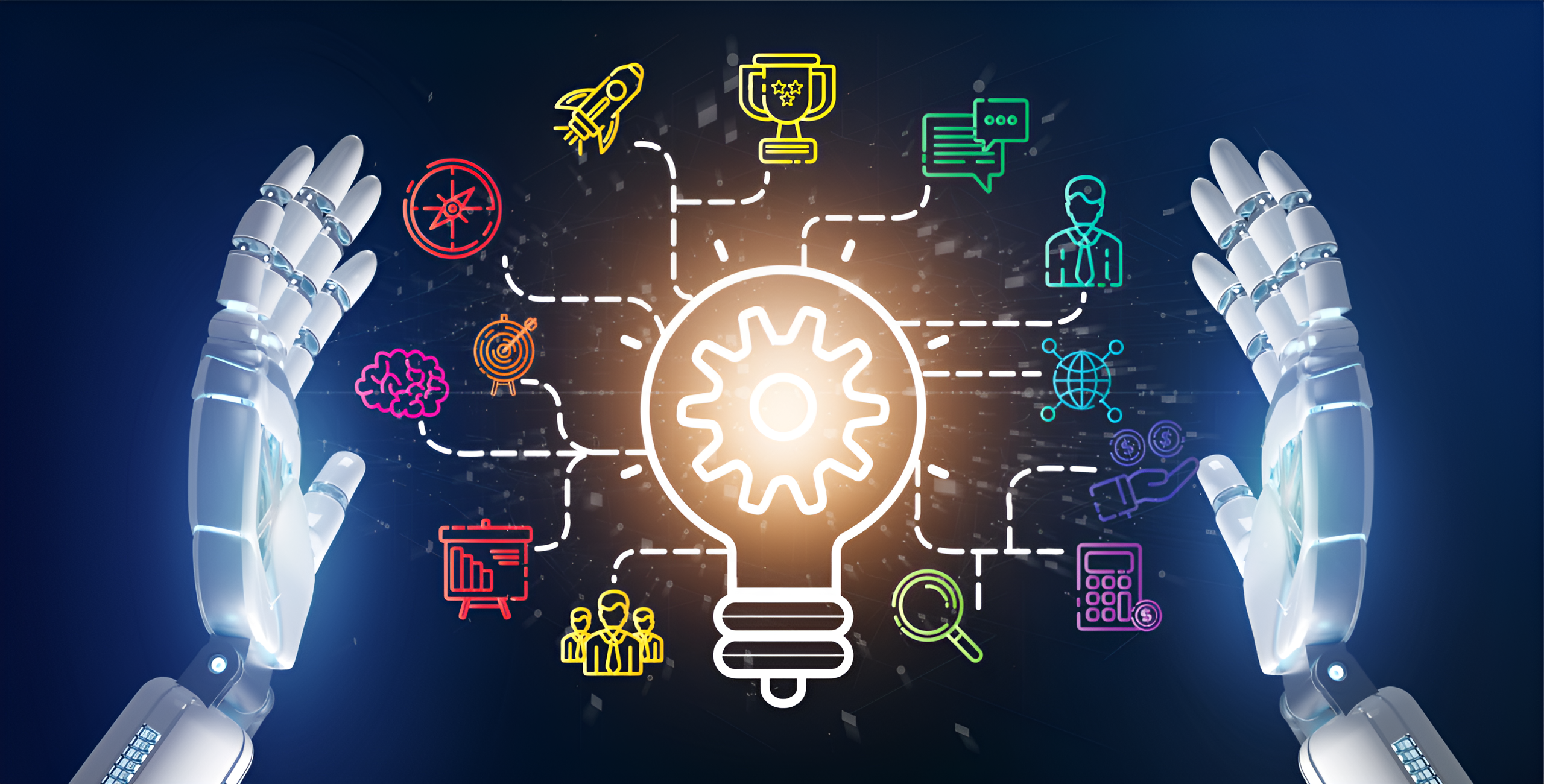Artificial Intelligence Revolutionizing the Future of Technology
Artificial Intelligence (AI) is reshaping the way we live, work, and interact with technology. From virtual assistants to autonomous vehicles, AI is at the forefront of innovation, driving change across industries. This comprehensive guide delves into the essence of AI, its transformative impact, and what the future holds for this groundbreaking technology.


What is Artificial Intelligence?
Artificial Intelligence refers to the development of computer systems capable of performing tasks that typically require human intelligence. These tasks include learning, reasoning, problem-solving, and even understanding language and speech.
Key Characteristics of AI:
- Learning: AI systems learn from data to improve performance over time.
- Reasoning: They make decisions based on available information and patterns.
- Adaptability: AI systems can adapt to changing environments and conditions.
Applications of Artificial Intelligence Across Industries
AI has become a transformative tool in multiple sectors, revolutionizing processes and creating new possibilities.
1. Healthcare
AI is enhancing patient care and medical research through:
- Diagnostics: AI-powered tools detect diseases such as cancer with high accuracy.
- Drug Discovery: Accelerating the development of new medicines.
- Virtual Health Assistants: Offering personalized health advice.
2. Finance
In the financial sector, AI is used to:
- Detect Fraud: Analyzing transaction patterns to identify anomalies.
- Automate Trading: High-frequency trading powered by AI algorithms.
- Improve Customer Experience: Chatbots and virtual assistants provide personalized financial services.
3. Retail and E-commerce
AI is transforming how businesses interact with customers by:
- Recommendation Engines: Suggesting products based on user behavior.
- Inventory Management: Predicting demand to optimize stock levels.
- Visual Search: Helping users find products using images.
4. Transportation
AI is revolutionizing the transportation industry with:
- Autonomous Vehicles: Self-driving cars powered by AI are reducing human error.
- Traffic Management: Optimizing traffic flow in urban areas.
- Predictive Maintenance: Preventing vehicle breakdowns with AI analysis.
5. Education
AI is personalizing the learning experience:
- Adaptive Learning Platforms: Tailoring content to student needs.
- Automated Grading: Saving educators time by assessing tests and assignments.
- Virtual Tutors: Offering real-time support to students.
How AI Works: Key Technologies Behind Artificial Intelligence
Artificial Intelligence is powered by several cutting-edge technologies:
1. Machine Learning (ML)
A subset of AI that enables systems to learn from data without explicit programming.
2. Natural Language Processing (NLP)
Allows machines to understand, interpret, and generate human language (e.g., chatbots and voice assistants).
3. Computer Vision
Enables AI to process and analyze visual data, such as images and videos.
4. Deep Learning
A more advanced form of machine learning that uses neural networks to mimic the human brain.

Benefits of Artificial Intelligence
AI offers numerous advantages that are transforming businesses and daily life:
1. Increased Efficiency
AI automates repetitive tasks, freeing up time for complex problem-solving.
2. Improved Accuracy
AI minimizes human error, ensuring precision in industries like healthcare and finance.
3. Cost Savings
Automation powered by AI reduces operational costs while increasing output.
4. Better Decision-Making
AI systems analyze vast amounts of data to provide actionable insights.
Challenges of Artificial Intelligence
Despite its advantages, AI faces several challenges:
- Data Privacy: Ensuring sensitive information is protected.
- Bias in Algorithms: Addressing fairness in AI decision-making.
- Job Displacement: Balancing automation with workforce needs.
- High Implementation Costs: AI solutions can be expensive to develop and deploy.
The Future of Artificial Intelligence
AI is evolving rapidly, with future applications expected to impact even more industries. Key trends include:
- AI in Smart Cities: Managing urban resources efficiently.
- Generative AI: Creating content, designs, and solutions using AI.
- AI in Climate Change: Helping monitor and combat environmental challenges.

How Businesses Can Leverage AI
Here are actionable steps for businesses to embrace AI:
- Identify Opportunities: Look for repetitive or data-driven tasks that AI can optimize.
- Invest in AI Tools: Utilize platforms like Tensor Flow, IBM Watson, or Azure AI.
- Partner with AI Experts: Collaborate with AI consultants for custom solutions.
- Focus on Training: Upskill your workforce to manage AI tools effectively.
Why Artificial Intelligence Matters Today
Artificial Intelligence is not just a trend—it’s a transformative force reshaping the global economy, technology, and daily life. By understanding its capabilities and challenges, individuals and businesses can stay ahead in a rapidly evolving digital landscape.
Conclusion
Artificial Intelligence is revolutionizing the future of technology with its ability to learn, adapt, and solve problems. From enhancing productivity to driving innovation, AI has endless possibilities. As industries continue to embrace AI, staying informed and proactive is crucial to harness its full potential.

